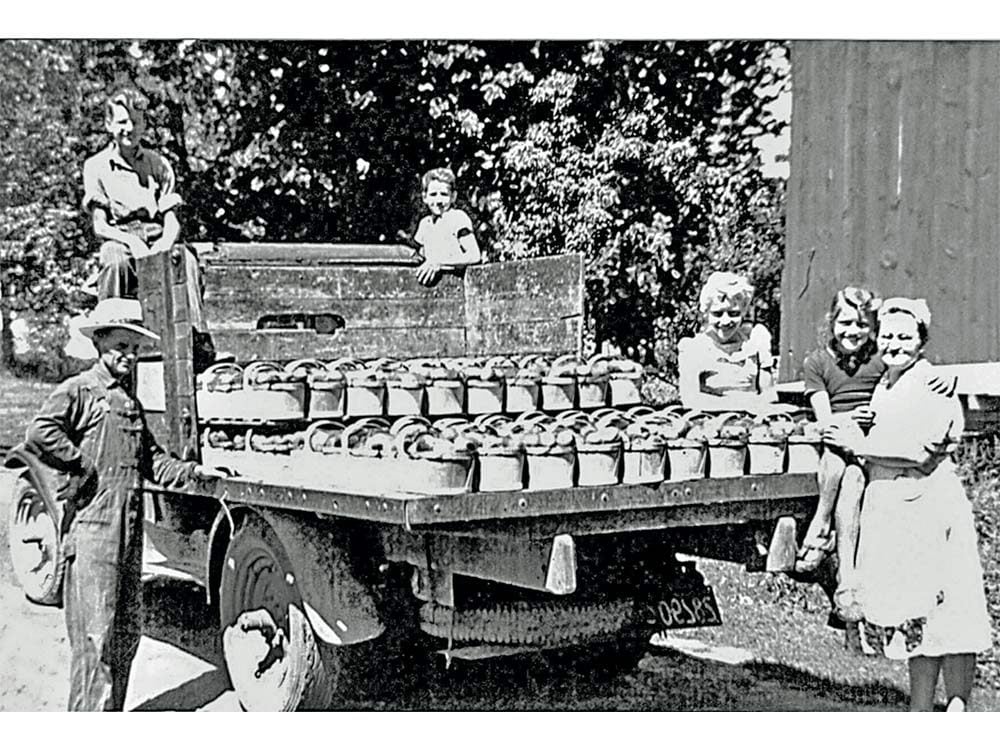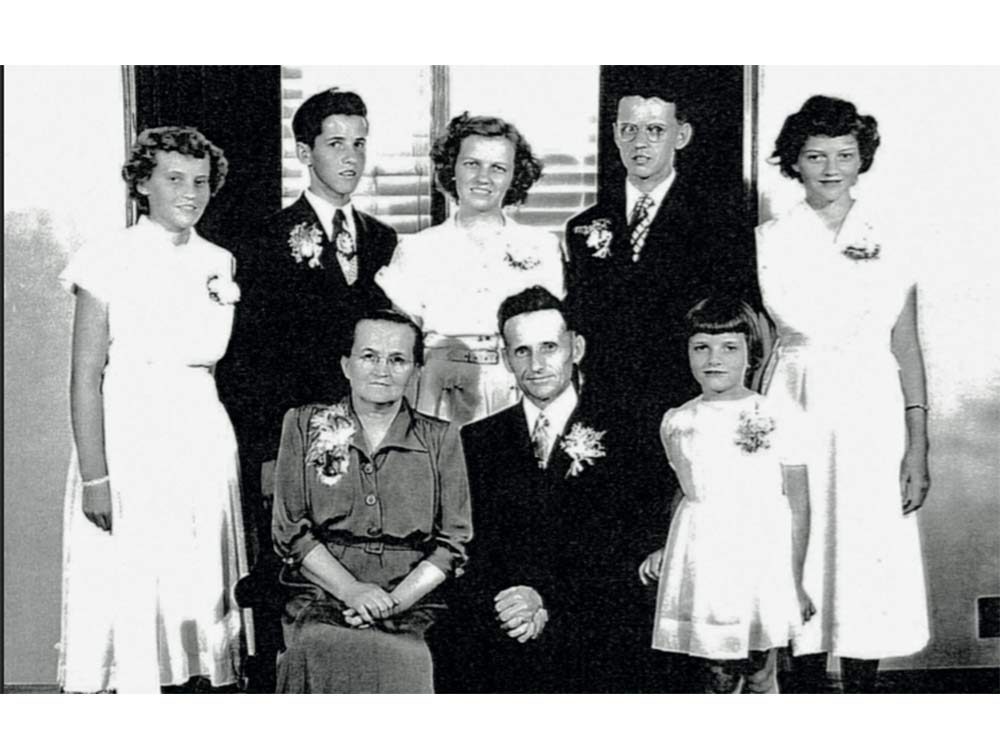
Canada, Do You Have Room for Us?
Dietrich waited until dark, and then jumped on his horse and galloped away. He had an important mission, and it would not do for other villagers to see him. Everyone lived in fear. Who would be next on the government arrest list? Where would the marauders strike next?
It was 1929, in a part of the USSR that is now the Ukraine. Government forces kept tabs on everyone, while wild bandits roamed the country. Dietrich didn’t know which peril he feared more. His name was on the government blacklist (all preachers were), and the ruthless bandits didn’t care who the preachers were. They rode into villages at random, looting and killing.
Dietrich and Agatha (my parents) had relatives in Canada, and thought of immigrating there with their little ones—my baby brother, Walter, and me, Mary, 11⁄2-years-old at the time. We were living with my mother’s parents, owners of the village mill. They were kulaks (landowners) and could be a target soon. Leaving without them would be heart-wrenching, but they wanted to sell their business and home before they would think of leaving.
Now in the dead of night, Dietrich sought advice from a friend in a distant village who had gone to Moscow and was encouraging people to emigrate. To his horror, police barged in and arrested his friend. Dietrich reached home breathless. “We’re leaving!” he said.
Now, we were not immigrants—we were refugees, fleeing our country. We boarded a train for Moscow from a neighbouring town. Thousands gathered in makeshift camps, applying to leave their homeland.
Every night, police barged in. Breasts heaved in fear as the police called out names. Always men. Broken-hearted wives gathered their crying children and returned to their villages. They could not, would not, leave the country without their husbands. Thousands were shipped in cattle cars to Siberia.
One night, the dreaded knock came to our door. Dietrich trembled as police entered and called out every name in the room. The next announcement stunned them: “You may leave!” Audible cries and cheers! Tears rolled down even the policeman’s cheeks. Dietrich and Agatha, baby Walter and I were among the survivors.

Freedom
My parents feared for our lives even as we rode the train to the border. Desired destination? Canada!
We arrived at the Red Gate—freedom awaited beyond. Later, Dietrich heard that our train was the last one through the Red Gate before the Iron Curtain descended. How he thanked God for deliverance!
Months later, our family stood on the pier, waiting to board the Marylebone. I pointed to the water spouting from the ship’s side and said, “Look, Papa! The boat is peeing!”
After a transfer in England to the SS Montcalm, we finally arrived in Saint John, N.B., Canada.
At customs, however, we were taken to a hospital on Partridge Island. I had scarlet fever. Our family was separated, as I was quarantined and my father stayed with me. Mother and baby Walter were allowed to see us through a window. We spoke no English, and now we couldn’t even speak to one another.
Canada was in the midst of the Great Depression, so we lived in poverty for our first few years, but we were free. Free of fear, free to worship God.
The Niagara Peninsula seemed a good place to live in this free country. My parents grew fruit and vegetables, and raised pigs. There was always plenty of work to keep us (now) six children busy. Evenings, neighbourhood kids gathered to play games of “Andy, Andy, Over!”
On hot days, while picking ten acres of tomatoes, Father would inspire us kids with, “If you work hard, we’ll head to the Niagara River for a swim in the evening.” He always kept his word, although this one time, on the way to the river, a part of the harness broke, stabbing our horse in the stomach. With kids screaming, the horse took off like the wind—but we all survived.
Our family farmed for a living, but Father was also a preacher in the local Mennonite church. Freedom to worship is one of Canada’s greatest gifts to refugees. In those days, children all sat in front rows during services. When they started getting restless, or misbehaving, Deitrich would stop his sermon and say, “Listen, children! Here’s a story for you,” and all would be calm once more.
Eventually, my grandparents and many others also found refuge in Canada after World War II. Canada had room for all. It was indeed the land of freedom and opportunity. No more starving. No more fear of attacks or imprisonment.
My parents proudly raised their children and enjoyed their 24 grandchildren here.
Today, this country still makes room for refugees—thank you, Canada.
Here are 13 Reasons It’s Great To Live in Canada.